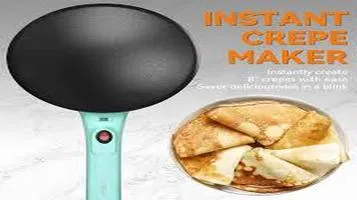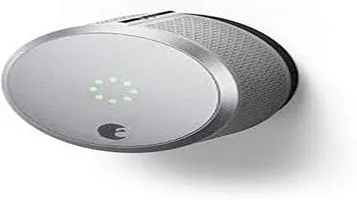Gutter Guards: A Comprehensive Review
Gutter guards are protective systems installed over or inside gutters to prevent debris like leaves, twigs, and other materials from clogging them. By allowing rainwater to flow freely while keeping out unwanted debris, these guards help maintain efficient drainage and reduce the need for frequent cleaning. Available in various materials such as mesh, foam, and metal, gutter guards cater to different roof types and environmental conditions. They are especially beneficial in areas with heavy foliage or frequent rainfall, as they minimize the risk of water damage to the roof and foundation. Additionally, by reducing gutter maintenance, gutter guards can save homeowners time and effort, while also prolonging the lifespan of the gutter system itself.

Gutter guards, often overlooked in the realm of home maintenance, are a critical component in protecting your home's structural integrity and reducing the need for frequent and arduous gutter cleaning. These protective systems are designed to prevent debris such as leaves, twigs, and other detritus from clogging your gutters, ensuring that water flows freely away from your home. This review delves into the various aspects of gutter guards, evaluating their types, benefits, installation, and overall effectiveness.
Types of Gutter Guards
Gutter guards come in several different types, each with its own unique design and functionality. The primary types include:
1. Screen Gutter Guards: These guards feature a mesh material that allows water to pass through while blocking larger debris. They are relatively easy to install and are effective for areas with moderate foliage.
2. Reverse Curve Gutter Guards: Designed with a curved shape, these guards direct water into the gutter while directing leaves and debris to fall off the edge. They are more effective in heavy debris areas but can be more challenging to install.
3. Foam Gutter Guards: Made from a porous foam material, these guards sit inside the gutter and allow water to pass through while blocking debris. They are easy to install but may require more frequent cleaning as debris can get stuck in the foam.
4. Brush Gutter Guards: Resembling large pipe cleaners, these guards sit inside the gutter and capture debris on their bristles while allowing water to flow through. They are simple to install but may require regular maintenance to remove accumulated debris.
5. Micro-Mesh Gutter Guards: These guards use a fine mesh to block even the smallest particles from entering the gutter. They are highly effective but can be more expensive and complex to install.
Benefits of Gutter Guards
The primary advantage of gutter guards is their ability to prevent clogs, which can lead to a host of issues if left unchecked. Clogged gutters can cause water to overflow, leading to water damage to your home's foundation, roof, and walls. By keeping debris out, gutter guards ensure that water is effectively channeled away from your home, reducing the risk of costly repairs.
Additionally, gutter guards significantly reduce the need for regular gutter cleaning. Cleaning gutters is a time-consuming and potentially dangerous task, often requiring the use of ladders and specialized tools. By installing gutter guards, homeowners can minimize the frequency of cleaning, saving time and reducing the risk of accidents.
Installation Considerations
The installation process for gutter guards varies depending on the type and complexity of the system. Some guards, such as foam and brush types, can be easily installed by homeowners with basic tools and minimal effort. Others, like reverse curve and micro-mesh guards, may require professional installation to ensure proper fit and function.
It's essential to consider the specific needs of your home and the surrounding environment when choosing a gutter guard system. Factors such as the amount and type of debris, the pitch of your roof, and the existing gutter system should all be taken into account. Consulting with a professional can help determine the most suitable gutter guard type and ensure a seamless installation process.
Effectiveness and Maintenance
While gutter guards are highly effective at reducing the amount of debris that enters your gutters, they are not entirely maintenance-free. Over time, fine particles such as dirt, seeds, and small leaves can accumulate on the surface of the guards or pass through the mesh, requiring occasional cleaning.
The frequency of maintenance will depend on the type of gutter guard and the specific conditions of your home. For example, micro-mesh guards may require less frequent cleaning than foam or brush guards, as they are more effective at blocking small particles. Regular inspections, especially after heavy storms or during the fall season, are recommended to ensure the guards are functioning correctly and to address any potential clogs or buildup.
Conclusion
In conclusion, gutter guards are a valuable investment for homeowners looking to protect their property from water damage and reduce the hassle of regular gutter cleaning. With various types available, each offering different levels of protection and ease of installation, there's a suitable option for every home and budget.
While no gutter guard system is entirely maintenance-free, the benefits far outweigh the minor upkeep required. By keeping gutters clear of debris, these systems help maintain the structural integrity of your home and prevent costly repairs. Whether you opt for a DIY installation or seek professional assistance, gutter guards are a wise and practical addition to any home maintenance plan.






